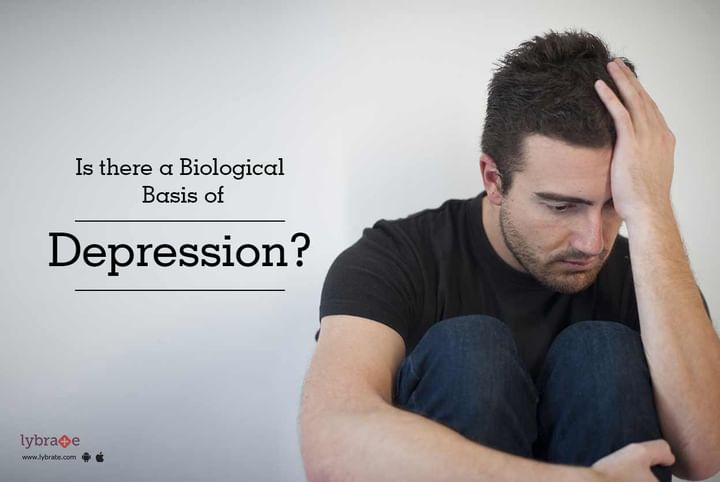Is there a Biological Basis of Depression?
Life is constant game of changes and people who can adapt to it and move on generally tend to find their pockets of happiness. From bad finances to lack of love to a near ones loss, each of us constantly face struggles that can leave us drained and depressed. People often work on these external factors to find their happiness. Those who suffer from depression as an illness though find it taking over multiple spheres of their lives disabling them from doing routine tasks with ease. Depression, like other diseases, can also have a biological origin.
Several theories concerning the biologically based cause of depression have been suggested over the years. Simply put, chemical imbalance in the brain can be a trigger to depression. As the 'command center' of our body, the brain uses a number of chemicals as messengers to communicate with other parts of itself and with the nervous system. These chemical messengers, called neurotransmitters are released and received by the brain's nerve cells called neurons. Neurons are constantly communicating with each other by way of exchanging neurotransmitters. This communication system is essential to all of the brain's functions.
Among the biological causes of depression, the most prominent and widely researched is the monoamine hypothesis. The three main monomine triggers of imbalances that trigger depression are neurotransmitters called serotonin, norepinephrine and dopamine. Serotonin regulates functions like sleep, aggression, eating, sexual behavior, and mood. Similarly, the catecholamine hypothesis suggests that a deficiency of the neurotransmitter norepinephrine (also known as noradrenaline) in certain areas of the brain was responsible for creating depressed mood. Norepinephrine helps our bodies to recognize and respond to stressful situations.
Dopamine plays in important role in helping each of us seek out our 'high' or 'pleasure' from rewards. Low dopamine levels may in part explain why depressed people don't derive the same sense of pleasure out of activities or people that they did before becoming depressed.
Another leading cause of clinical depression is focused on the endocrine system. The endocrine system is responsible for making hormones and releasing them into the blood to regulate processes like reaction to stress and sexual development. Hormonal irregularities may lead to depressive symptoms like loss of appetite and sleep. It is further observed that those who have particular endocrine disorders sometimes develop depression, and some individuals who are depressed develop endocrine problems despite having healthy glands.
In a research done among depressed individuals, over half had a hormone called cortisol in excess in their body and abnormal times of secretion.
Depression can have many triggers and origins and it is important to see the right doctor who can treat the cause, triggers and symptoms in addition to the disease. Depression has a genetic predisposition. Also, the faulty thought pattern alters the physiology by upsetting the hormonal balance. Psychological professional help should be a priority in depression and its role should not be under emphasized.



+1.svg)
